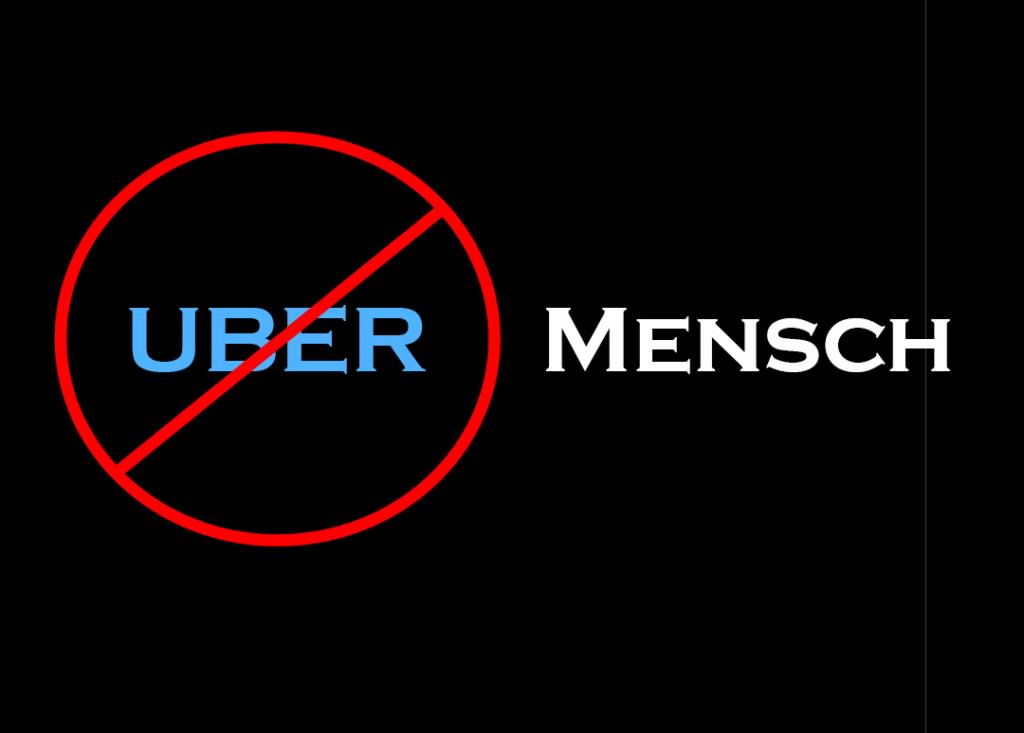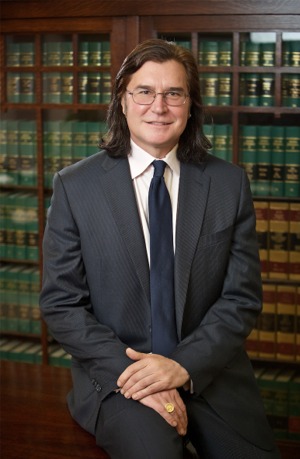UBER REVIEWS
UBER is a ridesharing program that operates from an application you download on your phone. You sign up for the service often with a $20 bonus for signing up, press the application that resembles your standard google map application and select the nearest car. A non-commercial licensed driver picks you up and takes you to your location.
Users of UBER have frequently cited a quick response, easy to use platform and overall convenience. It is innovative and exciting as it takes an outdated business model and replaces it with something much more efficient. There is no money exchanged between the driver and the passenger. The application handles all financial exchanges and charges the driver 20% for their talents. It is an amazing idea.
There is no need to beat around the bush on this issue. UBER will significantly decrease the profits of cab companies all over the world. The cab companies are not happy about this fact. Cab drivers under the threat of losing their jobs are not happy about this fact. Cab companies, like they do in Portland, act as an extension of the public transportation system. They are required by law to:
- Never turn down a customer
- Replace their vehicles each year
- Provide services for the disabled
- Limit hours drivers drive
- Subject drivers to a state background check
- Take yearly safety and training courses
- Auto accidents are covered by commercial insurance
- National background check
- Rating system to evaluate both riders and drivers
- Driver liability insurance
There are three reasons why UBER has been kept out of Portland. The reasons are equality of service, perceived gaps in insurance, and money.
Equality of Service
The city of Portland requires cabs and cab companies to give a ride to every person who is able to pay for it. This provides access to transportation for those with special needs.
It offers a safety net for those who may be unable to navigate other transportation options. It’s also cited as a tactic in the fight against drunk driving. Cab drivers are required to get the over-inebriated home safely.
This issue is not easily solved. This is a public good that UBER isn’t able to compete with.
Perceived Gaps in Insurance
On January 15, 2014 a six year old girl was fatally struck by an UBER driver. The family sued the company. The driver was not driving any passengers at the time. The driver did have the UBER application turned on and was looking for potential customers. The lawsuit claimed that UBER’s technology violated San Francisco’s laws against distracted driving.
UBER’s response was to deny liability. When the driver struck the girl he was not operating as an UBER driver, he was just a private citizen. This case is often cited to inspire fear about perceived gaps in insurance.
The problem is, this isn’t a problem. Perhaps it takes a little imagination but it doesn’t take a genius to evaluate this situation. The driver is personally responsible for driving his vehicle. When he operates his vehicle commercially he’s covered by UBER’s liability insurance. If he had a passenger in his vehicle at the time, UBER would be responsible, but he didn’t.
UBER went further and expanded their insurance coverage for anyone who has the smartphone app turned on and is accepting rides. The policy covers up to $100,000 dollars in bodily injury insurance and $25,000 in property damage.
The confusion lies in the language of the policy itself. The policy has a provision that the policy is secondary to any potential primary insurance the driver may currently have. For example, this means that if the driver has car insurance through Progressive and is involved in a motor vehicle accident, UBER’s insurance doesn’t kick in unless Progressive denies coverage.
There is no gap in coverage. It is simple. UBER drivers are either covered by their own primary insurance or UBER’s secondary insurance. That brings me to the money.
It’s all about the Benjamins
UBER and applications like it will destroy competitive economic balance between itself and cab companies. This is somewhat contained within the concept of ridesharing itself. The idea is claiming that an industry is built off of the inefficiencies of society itself. It turns out people, effectively small business owners, are far more efficient at providing the service than the cab companies.
These new companies have been nicknamed “Disrupters” by the tech world. Concepts like AirBnB, which allows private citizens to rent out their homes nightly much like a hotel, are changing the way business is conducted. There will be other industries that will fall. People will lose their jobs. Problems will arise over the implementation of the product. Questions will be asked about gaps in liability, gaps in viability, and gaps in the law. Our continued advancement of technology is going to make this a common occurrence. But it is coming and there is nothing the obstinate can do about it.
So, what’s up with city hall? What’s the hold up?
One problem is that politicians know UBER creates a competitive imbalance. The cab companies’ regulations aren’t applicable to UBER’s service. Cab companies are required to give their service to anyone that can pay. Thus forcing them to invest in lesser economic endeavors. For example, keeping vehicles that are wheelchair accessible. Or wasting time cleaning the expelled sorrow of the overly inebriated.
In addition to these problems, you have the problem of money.
UBER was recently valued at $17 billion dollars. Why so little political spending UBER? Perhaps because they know this concept is inevitable. The Oregonian conducted a non-scientific poll in which 85% of their readers said it was time to let UBER into the city.
The Power of People
As outlined in this article there are distinct problems associated with implementing UBER in the city of Portland. They aren’t concerns, they are problems. So why is there so much positive support for bringing UBER to a city near you?
First, let’s establish our context.
The day the internet became functional for a widespread market is the day that disruptor companies such as UBER became inevitable. Napster, Craigslist, Ebay, Facebook, Couchsurfing, Etsy, are all examples of this phenomenon. The established companies that provide services seem to be very aware of their impending obsoletion. Their first intellectual strategy is to claim the speciality, or professional nature of their service. In the case of the cab companies, they claim their training and regulations make their service better. While true, they quickly realize that their claim is ignored on two fronts.
- It doesn’t take a professional to drive. Most people drive everyday.
- Convenience and price trump quality of service in everything outside of Food Carts and Child Care. (in jest of course).
Naturally, the argument moves to safety. The companies claim you are putting yourself at risk by relying on… People.
The company is safety. It’s liable. The company will take care of you. People, they are flawed and deserving of mistrust. How did we get here? How is it that we have become so jaded in the midst of ever growing prosperity. So jaded we no longer trust…each other?
A funny thing happens when you trust your fellow humans. You carry around a secret, and you have zero guilt in taking advantage of it.
Imagine traveling around Europe for three months never paying for a place to stay: couch surfing. Don’t plan the trip though because:
- You could never stay with someone in their home because that would be awkward.
- That can’t possibly be safe.
- You don’t trust…People.
Don’t go and you’ll just have to imagine what it’s like.
Your old road is Rapidly agin’. Please get out of the new one. If you can’t lend your hand. For the times they are a-changin’.-Bob Dylan
The age or mistrust, or more specifically the use of the premise, is over. The future won’t always be clean but you know what?
Cleaning it up will be our new jobs, our new challenge. Instead of fighting the challenge of implementing UBER to Portland, we should be working towards making it better. When the outcome of a war is inevitable, resisting is a sad stubborn waste. That is what is happening now, nothing but waste.


